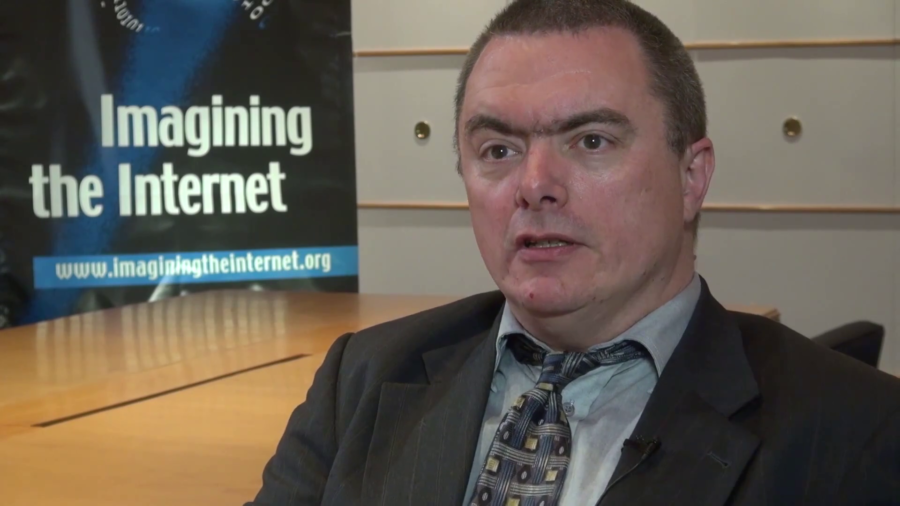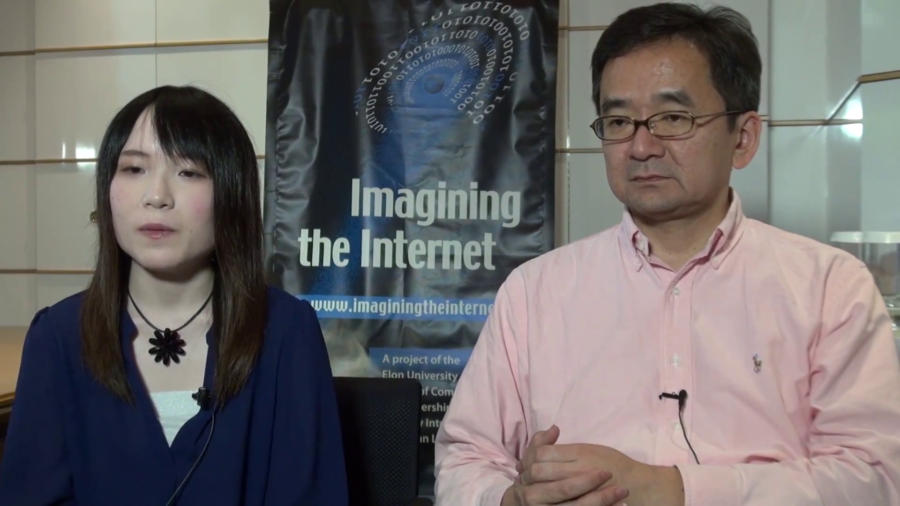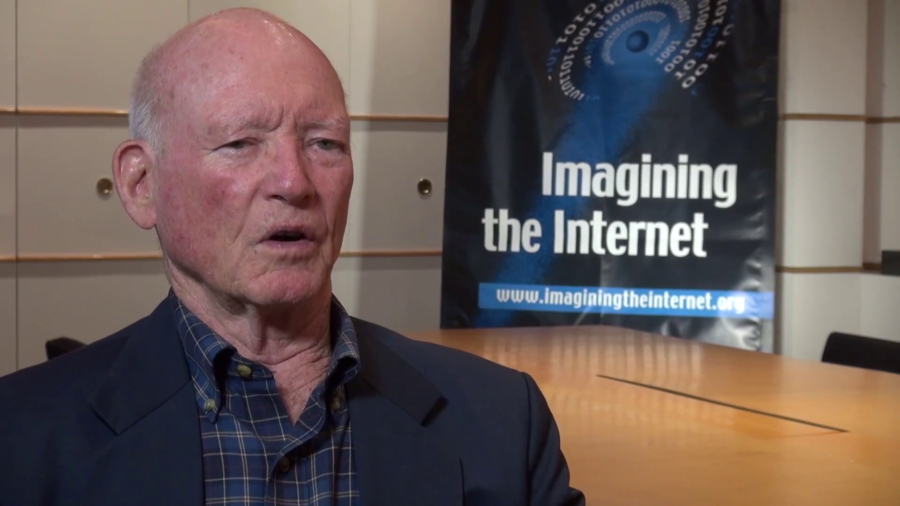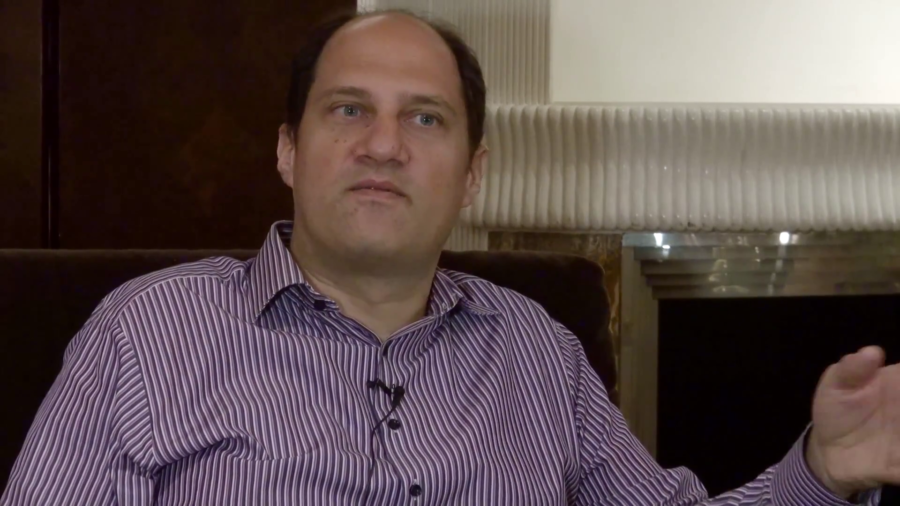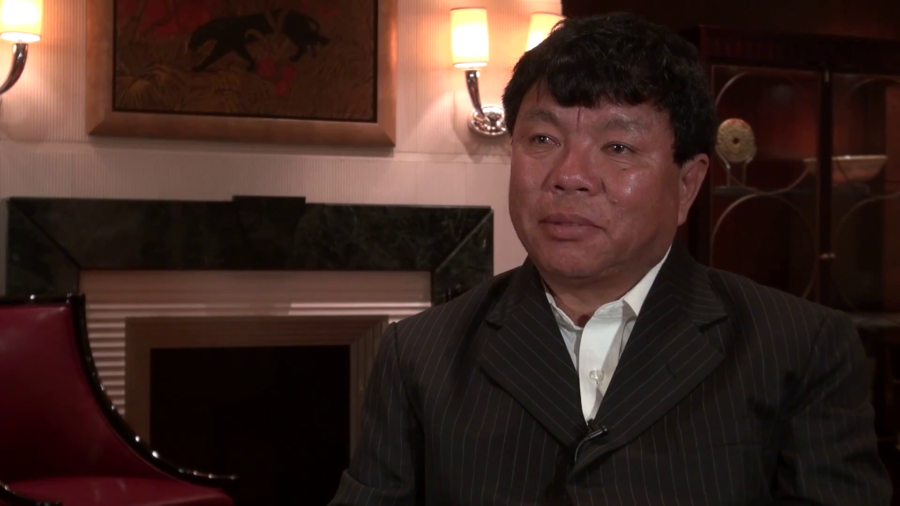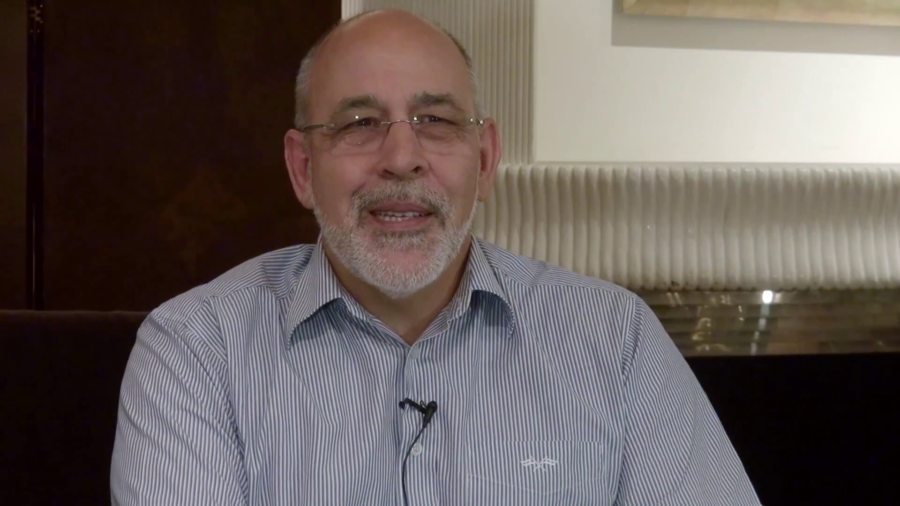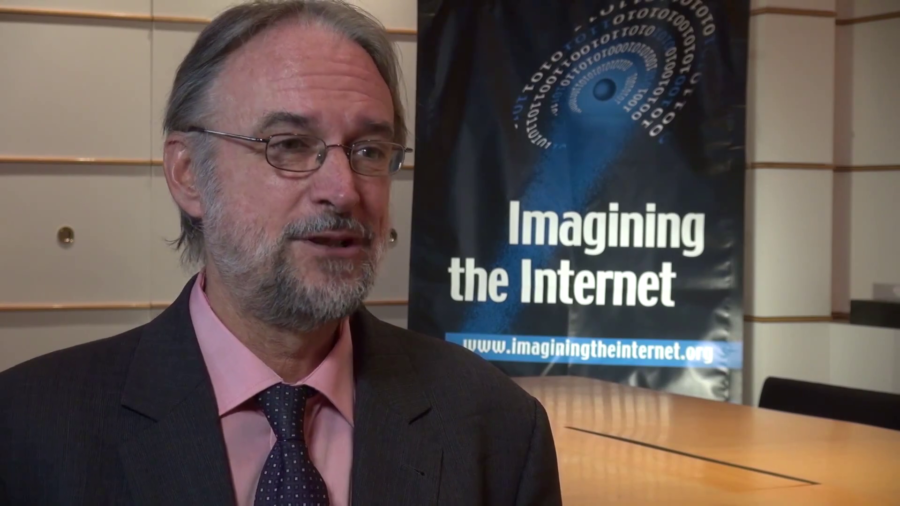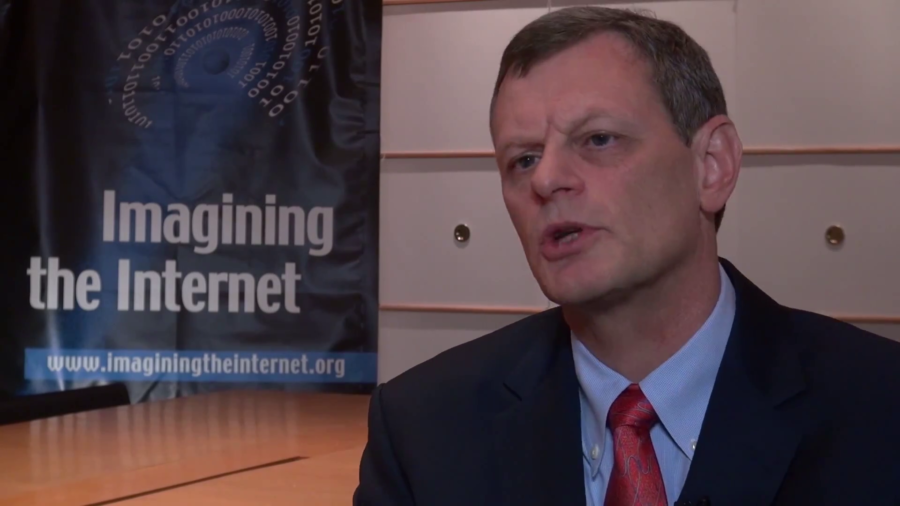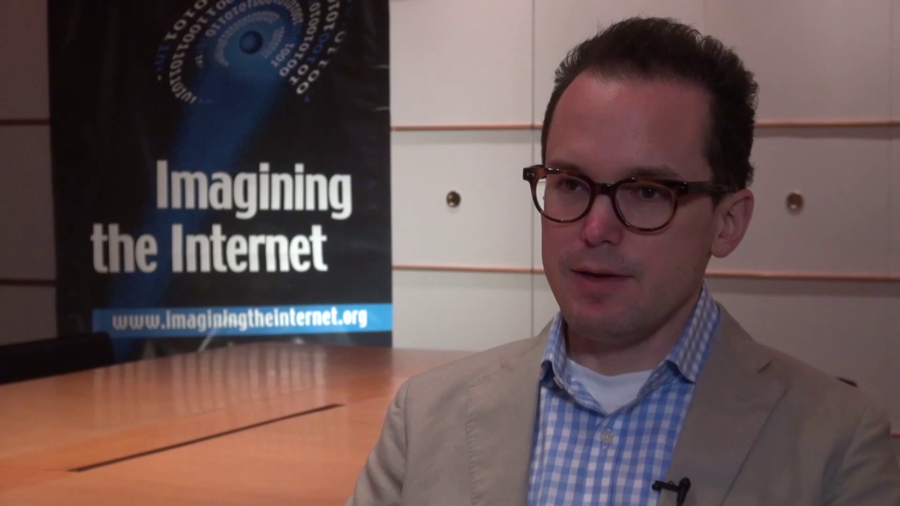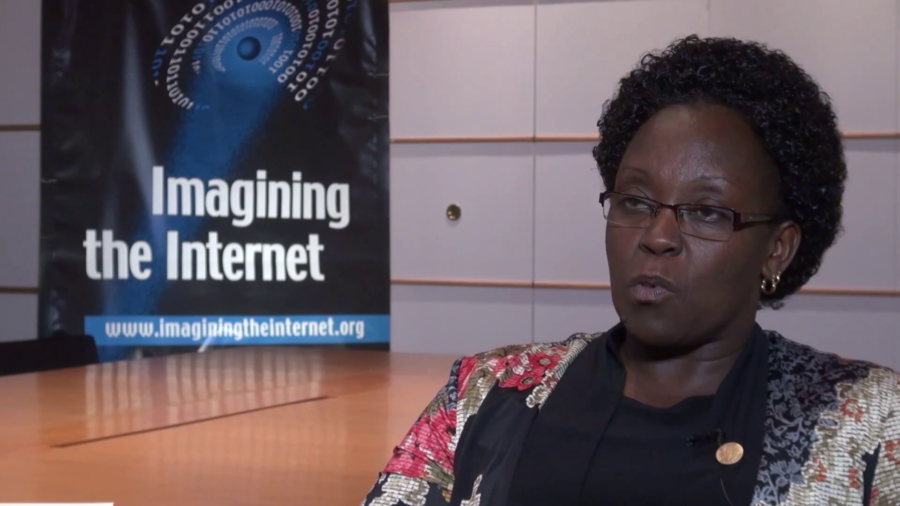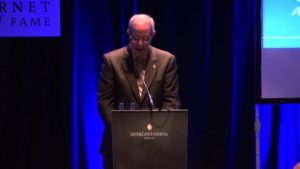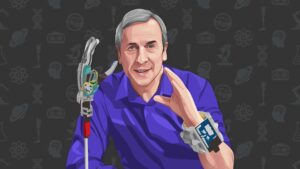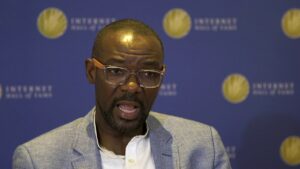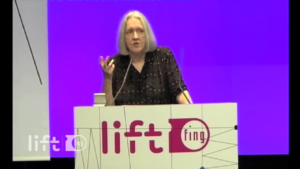When I contemplate “how do we get to the best possible future of the Internet,” I am thinking more in terms of inaction than action. I would like to encourage deliberate inaction in the form of keeping hands-off. I would like large companies or national governments to look at the Internet and say “This is pretty cool, and if we put our hands on it and try to make it what is gonna be best for us in our lifetimes, it’s going to cause everyone else to do likewise.”
Barry Leiner’s Internet Hall of Fame 2013 Induction Speech (Posthumous)
presented by Barry Leiner
Barry had a remarkable ability to bring together diverse people, organizations, to help make decisions and the plans that became the Internet as we know it today. Read more →

